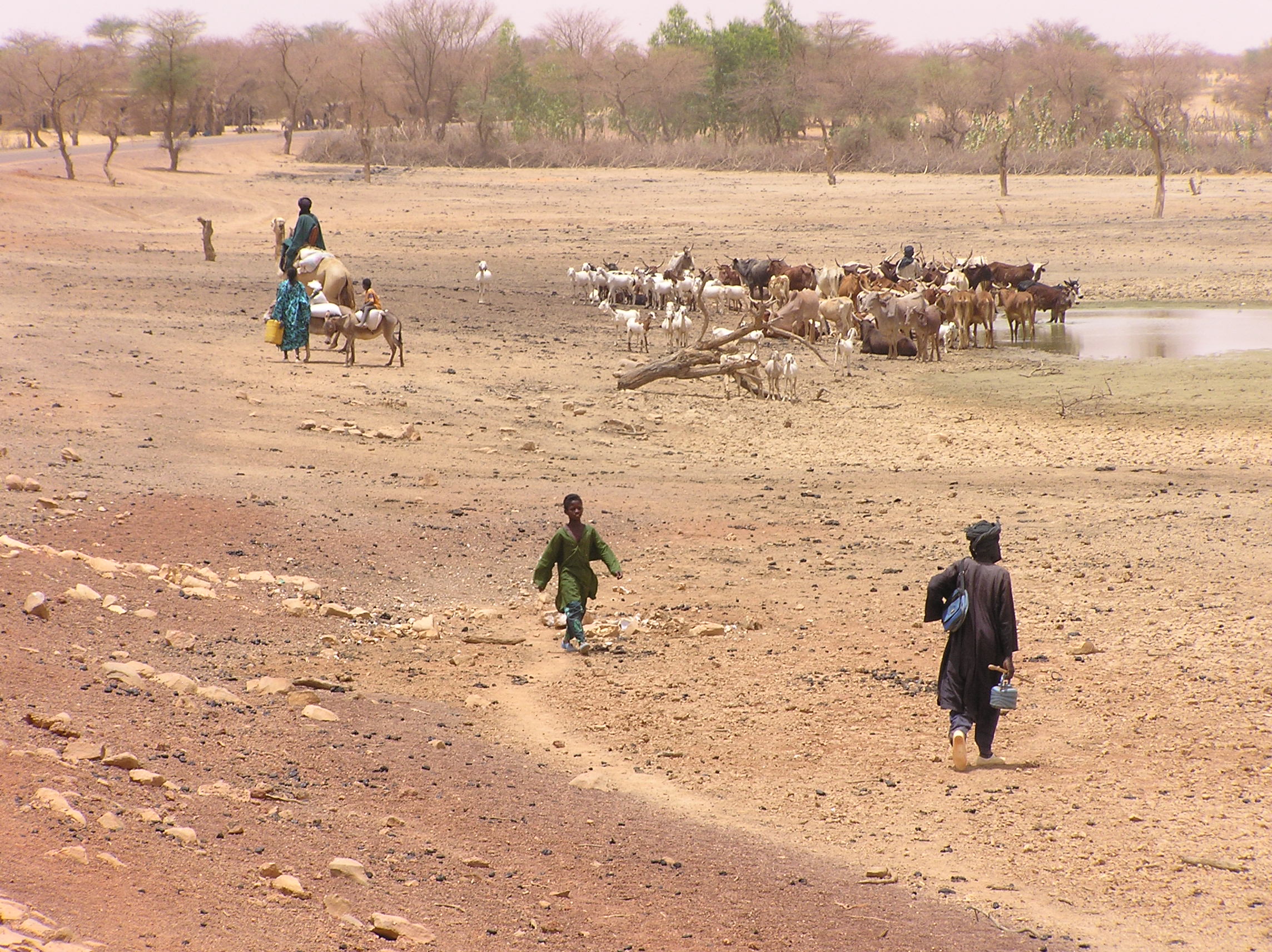Triple-win adaptations
Much is known about the processes and effects of land degradation and climate change; little is understood about the links and feedbacks between them. Less still is known about how these processes interact in different social and ecological settings around the world. Research at Leeds tackles these knowledge gaps, offering solutions in adapting to the dual challenge of climate change and land degradation.
As climate changes, weather events are expected to become more extreme and more variable, with droughts and human mismanagement causing vegetation die off and soils left exposed to erosive forces leading to accelerated land degradation. At the same time, land degradation contributes to climate change when organic carbon is released from soils and vegetation and land-atmosphere gas fluxes are disrupted. Impacts resulting from the combination of climate change and land degradation will vary with location. However, the poorest groups and societies are likely to lose out the most with losses in livelihoods and food security.

Policies offer useful starting points in tackling these challenges across scales. Improved cooperation and knowledge exchange is needed so that researchers from across disciplines, land users and policymakers can work together more effectively. We have identified key vulnerabilities to the combined effects of climate change and land degradation, drawing on examples from around the world. The research recommends methods for monitoring and evaluating the combined effects of climate change and land degradation. Importantly, we have identified interventions that benefit both climate change and land degradation, whilst supporting biodiversity and ecosystem services, and we call these triple-win adaptations.
Key messages:
- Recommendations for monitoring and evaluating the impacts of climate change and land degradation have been made.
- Triple-win adaptations that tackle climate change and land degradation whilst protecting biodiversity and ecosystem services have been identified, including climate-smart agriculture and water harvesting methods that rely on local and indigenous knowledge.
Overview by Lindsay Stringer, Professor of Environment and Development.
Research chapter: Land degradation, desertification and climate change: Anticipating, assessing and adapting to future change. Routledge, ISBN 978-1-84971-271-2.
